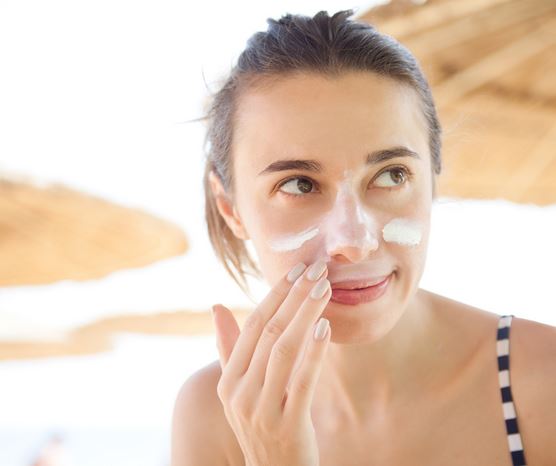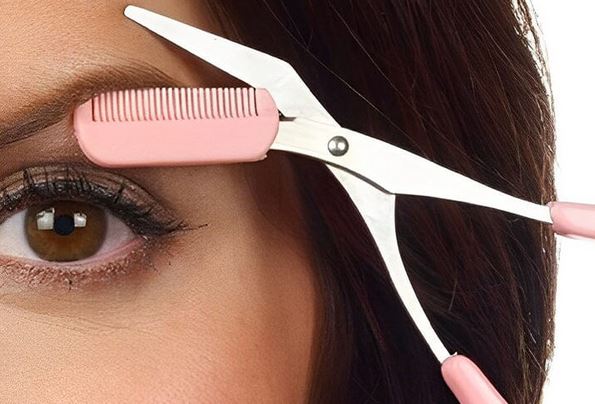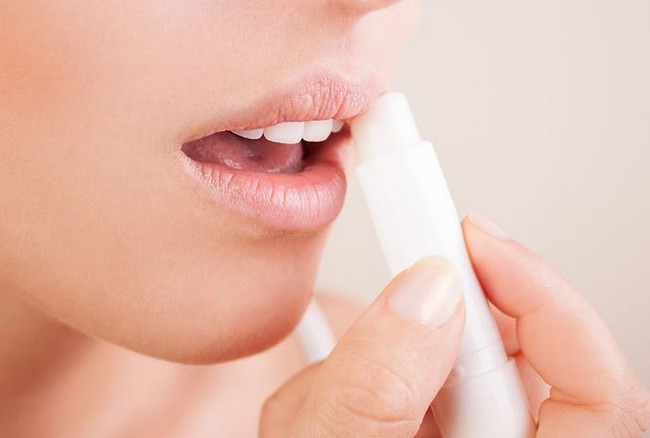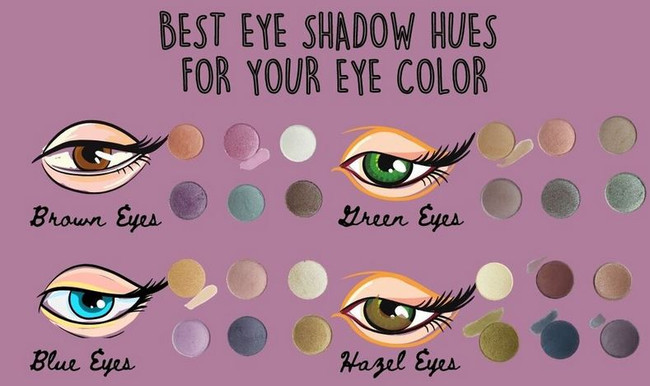The importance of sunscreen and sun protection | |

| |
When it comes to maintaining healthy and youthful skin, sunscreen and sun protection are non-negotiable. The damaging effects of the sun's ultraviolet (UV) rays can lead to premature aging, sunburns, dark spots, and even an increased risk of skin cancer. In this article, we will explore the importance of sunscreen and sun protection, as well as provide valuable insights on how to effectively safeguard your skin from the sun's harmful rays. 1. IntroductionThe sun emits two types of UV rays: UVA and UVB. UVA rays penetrate deeply into the skin, causing long-term damage like premature aging and wrinkles. UVB rays, on the other hand, are responsible for sunburns and short-term damage. Protecting your skin from both types of UV rays is crucial for maintaining its health and appearance. 2. Understanding the Sun's RaysUV rays are present year-round, even on cloudy days. They can penetrate through clouds, windows, and reflect off surfaces like water, sand, and snow. This means that even when you're indoors or during colder months, your skin is still exposed to the damaging effects of the sun. 3. The Consequences of Sun DamageExcessive sun exposure can lead to a range of skin concerns, including:
4. Why Sunscreen is EssentialSunscreen acts as a protective barrier, shielding your skin from the sun's harmful rays. It helps prevent sunburns, reduces the risk of skin cancer, and slows down the aging process. Applying sunscreen daily is a vital step in maintaining healthy skin and preventing sun damage. 5. Choosing the Right SunscreenSelecting the right sunscreen is crucial for effective sun protection. Consider the following factors when choosing a sunscreen:
6. Sun Protection MeasuresIn addition to sunscreen, incorporate the following sun protection measures into your daily routine:
7. Incorporating Sun Protection into Your RoutineTo effectively protect your skin from the sun, follow these steps:
8. Sunscreen and Beyond: Additional Tips
9. ConclusionSunscreen and sun protection are vital components of a healthy skincare routine. By safeguarding your skin from the sun's harmful UV rays, you can prevent sunburns, premature aging, hyperpigmentation, and reduce the risk of skin cancer. Remember to choose a broad-spectrum sunscreen, apply it generously and regularly, and complement it with additional sun protection measures. FAQs1. Can I skip sunscreen on cloudy days? No, you should wear sunscreen even on cloudy days as UV rays can still penetrate through cloud cover and cause skin damage. 2. Is sunscreen only necessary during the summer months? Sunscreen is essential year-round, regardless of the season. UV rays are present throughout the year and can cause damage even on cooler or overcast days. 3. Can I use makeup with SPF instead of sunscreen? While makeup with SPF can provide some sun protection, it's usually not enough on its own. It's recommended to apply a dedicated sunscreen underneath your makeup for optimal protection. 4. How much sunscreen should I apply? Apply enough sunscreen to cover all exposed areas of your skin. As a general guideline, use about a teaspoon (5 milliliters) for your face and a shot glass (30 milliliters) for your body. 5. Can I use expired sunscreen? It's best to avoid using expired sunscreen as its effectiveness may be compromised. Check the expiration date on the product and replace it if necessary. | |
| Category: Skin Care | |
| Total comments: 0 | |
 |
| How to choose Eyebrow Trimmers |
 |
| The Best Lip Balms for Chapped Lips |
 |
| A guide to dressing stylishly on a budget |
 |
| How to Choose the Right Makeup for a Photoshoot |
 |
| Tips for Maintaining and Extending the Life of Your Hair Extensions |
 |
| The rise of gender-neutral and inclusive fashion |
 |
| The benefits of regular exercise for mental health |
 |
| Makeup Storage and Organization Ideas for a Tidy Vanity |
 |
| How to Choose the Right Shade of Eyeshadow for Your Eye Color |
